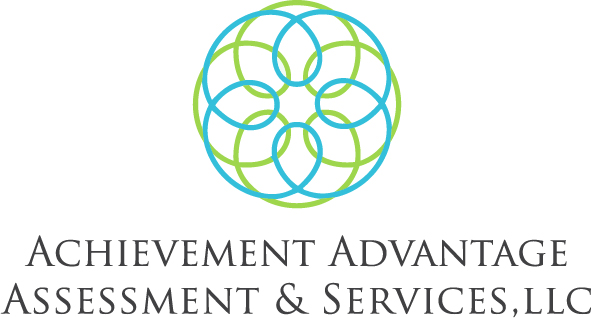Once you have determined how to organize yourself, read your materials, found the optimal study environment, and taken comprehensive notes, it is time to actually study the class material in to prepare for your assessments.
Studying is not what happens a few days before an exam. It is everything that you do throughout the semester. Going to class, taking notes, reviewing your notes, reading the assignment, meeting with a study group-all of these activities count as studying. And it begins on the first day of the semester. Keeping up with your work is an asset that cannot be underestimated.
Frequent Review. Course content is interconnected and should be continuously reviewed through the semester. Without ongoing review, we forget content over time. In order to transfer the information from your short-term memory to your long-term memory, you should review your notes within a 24 hour period. It is advisable to set aside a few minutes every day to skim through your notes, fill in missing information, and identify questions that you may have.
Keep the Format in Mind. When preparing for an assessment, it is essential that you study with the test format in mind. Not all test formats are similar, so you must modify your study strategies to reflect the type of thinking skills required on an exam. For example, a multiple choice exam typically requires memorization of factual information in comparison to a short answer or essay exam which typically requires application of information. You should also have a sense of how many questions will be on the exam in order for you to allot enough time to each question.
Active Study Methods. For many people, simply reviewing their notes is not enough to master information; they must utilize active study methods. One such strategy is to draw diagrams or charts to represent relationships between ideas. You can also make flash cards to review regularly. If you are provided with a study guide, complete the guide and use it to guide your study sessions. If you have not been provided a study guide, create your own. It is also a good idea to work through practice problems and old exam questions. In order to check your mastery of the material, cover up your notes and talk through a concept as if you were teaching it.
Study Groups. Another idea that can aid in studying is to create or to participate in a study group. Study groups are proven to provide greater opportunities to ask questions, review material, clarify and discuss information, and encourage a variety of problem solving strategies. They can also help to reduce procrastination, increase motivation, and ease anxiety.
Communication with Professors. The last and potentially most impactful study strategy is to get to know your professors and teaching assistants. They are the experts in the course content who have studied the material themselves. Because of this, they are uniquely positioned to help you develop effective study strategies in a particular content area. The more familiar they are with you and your difficulties with the course content, the more they are able to provide you with targeted support.
Once you implement the above study strategies and determine which strategies best met your unique needs, it is time to take the exam. Next week we will discuss specific test taking strategies to optimize your performance on the assessment.

